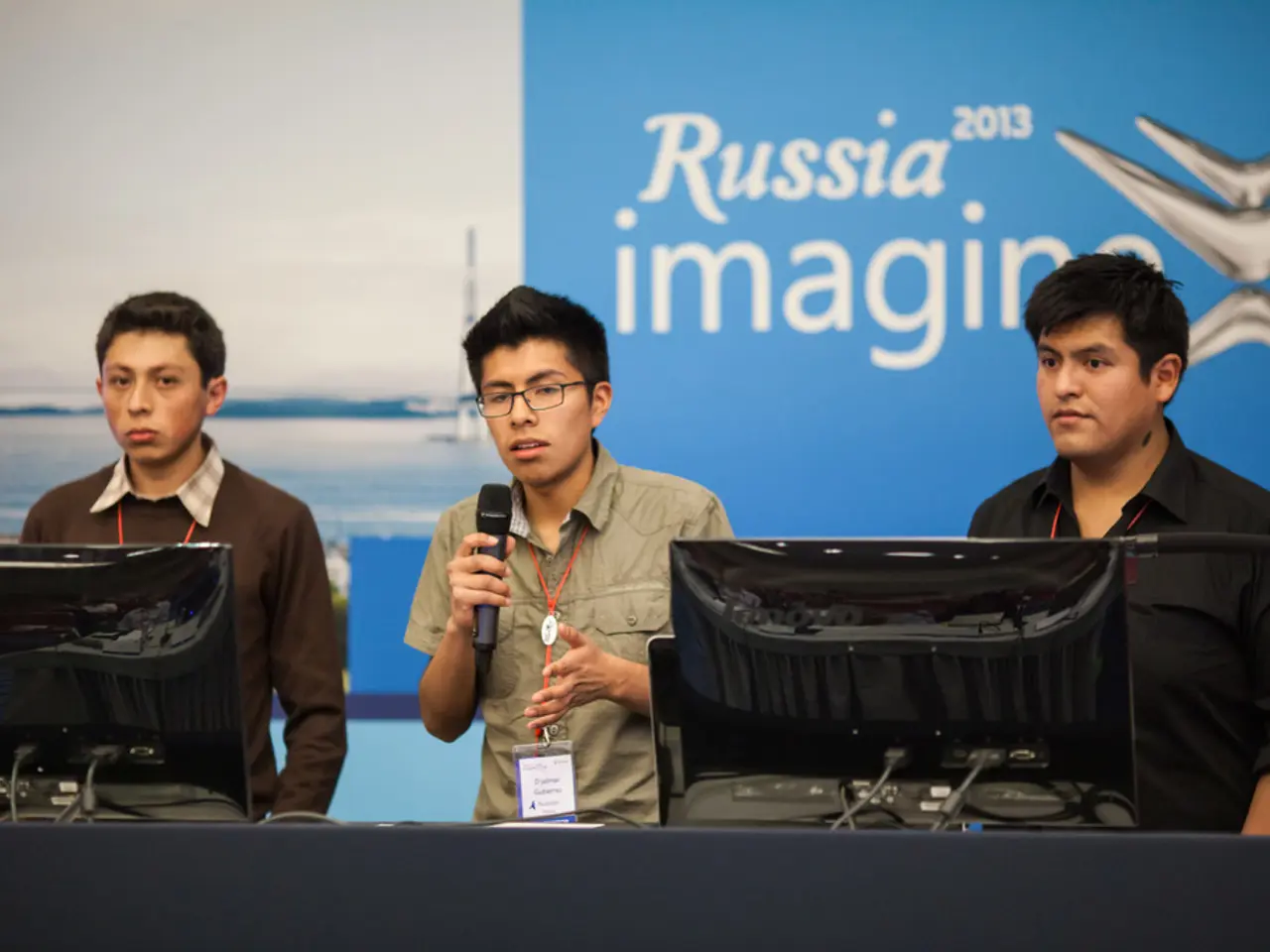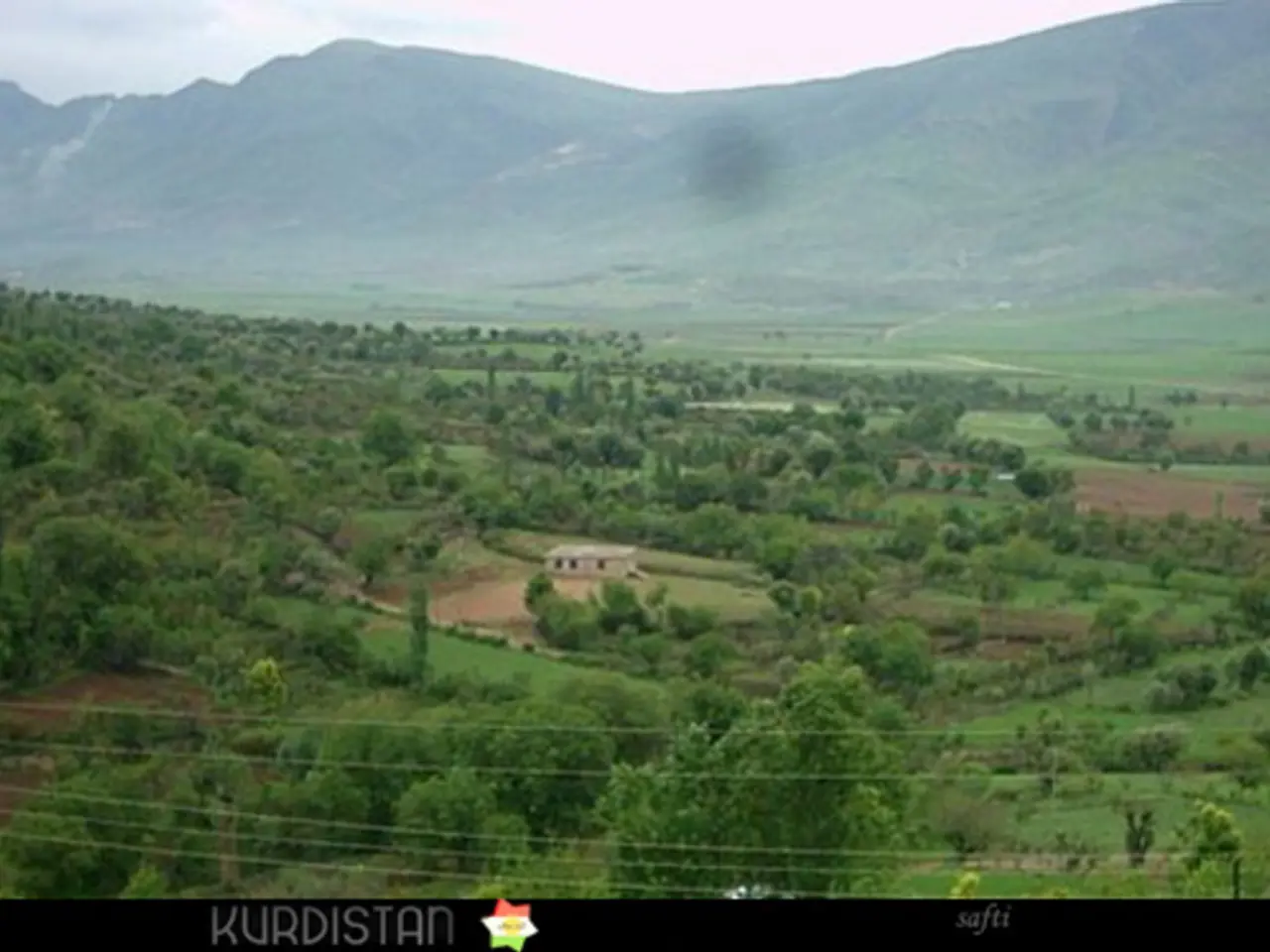USAID Officially Terminates Its Operations
In a significant move, the U.S. Administration under President Donald Trump has announced the shutdown of the U.S. Agency for International Development (USAID), marking the end of its six decades of humanitarian relief work. The decision, announced by Secretary of State Marco Rubio on July 1, 2023, is part of a broader effort to reorganize and streamline foreign aid operations.
The rationale behind this move is a crackdown on what the administration views as "wasteful" government spending. Rubio argued that USAID had little to show for its six decades of work beyond creating an "NGO industrial complex at taxpayer expense." The consolidation aims to increase efficiency by integrating USAID programs into the State Department's Global Health Security and Diplomacy structures, which are believed to be better aligned with America’s core national interests and capable of managing supply chains and health programs more effectively.
The new organizational principles guiding foreign aid under the Trump administration include aligning aid more explicitly with U.S. foreign policy objectives, restructuring the State Department and its bureaus to eliminate redundant offices, integrating global health programs, emphasizing economic growth, energy, and environmental aspects, and cutting perceived wasteful foreign assistance spending.
Rubio declared the end of "this era of inefficiency, authorized by the authorities." However, he did not mention any specific countries that will receive aid under the new model or provide details on how the new model will be implemented. The U.S. did not announce a timeline for the implementation of the new model either.
The shutdown is due to the perceived inefficiency of USAID and the current administration's focus on U.S. national interests. Rubio stated that developing countries prefer investments that allow them to grow sustainably, rather than long-term patronage. He accused countries that received the most aid from USAID, particularly African countries south of the Sahara, of not reciprocating U.S. support, as they supported the U.S. in only 29% of important UN resolutions since 1991.
Rubio emphasized that resources will be directed to areas where they can have a multiplier effect. He stated that the new model will be based on the principle of "trade instead of aid." The State Department will carry out USAID's functions with greater accountability, strategy, and efficiency.
This reorganization has faced scrutiny for potential shortcomings, including the lack of a completed implementation plan, risks that reforms may not be transparent or adequately resourced, and concerns about the transfer’s impact on foreign aid effectiveness. Despite these concerns, the administration remains committed to the reorganization, aiming to increase the efficiency and effectiveness of U.S. foreign aid.
- The Administration's decision to reorganize foreign aid operations includes a focus on policy-and-legislation, as part of the plan involves aligning aid more explicitly with U.S. foreign policy objectives.
- The shutdown of USAID and the reorganization of foreign aid under the Trump administration is a significant move in the realm of politics, especially considering the emphasis on general-news issues such as national interests, economic growth, and energy.








